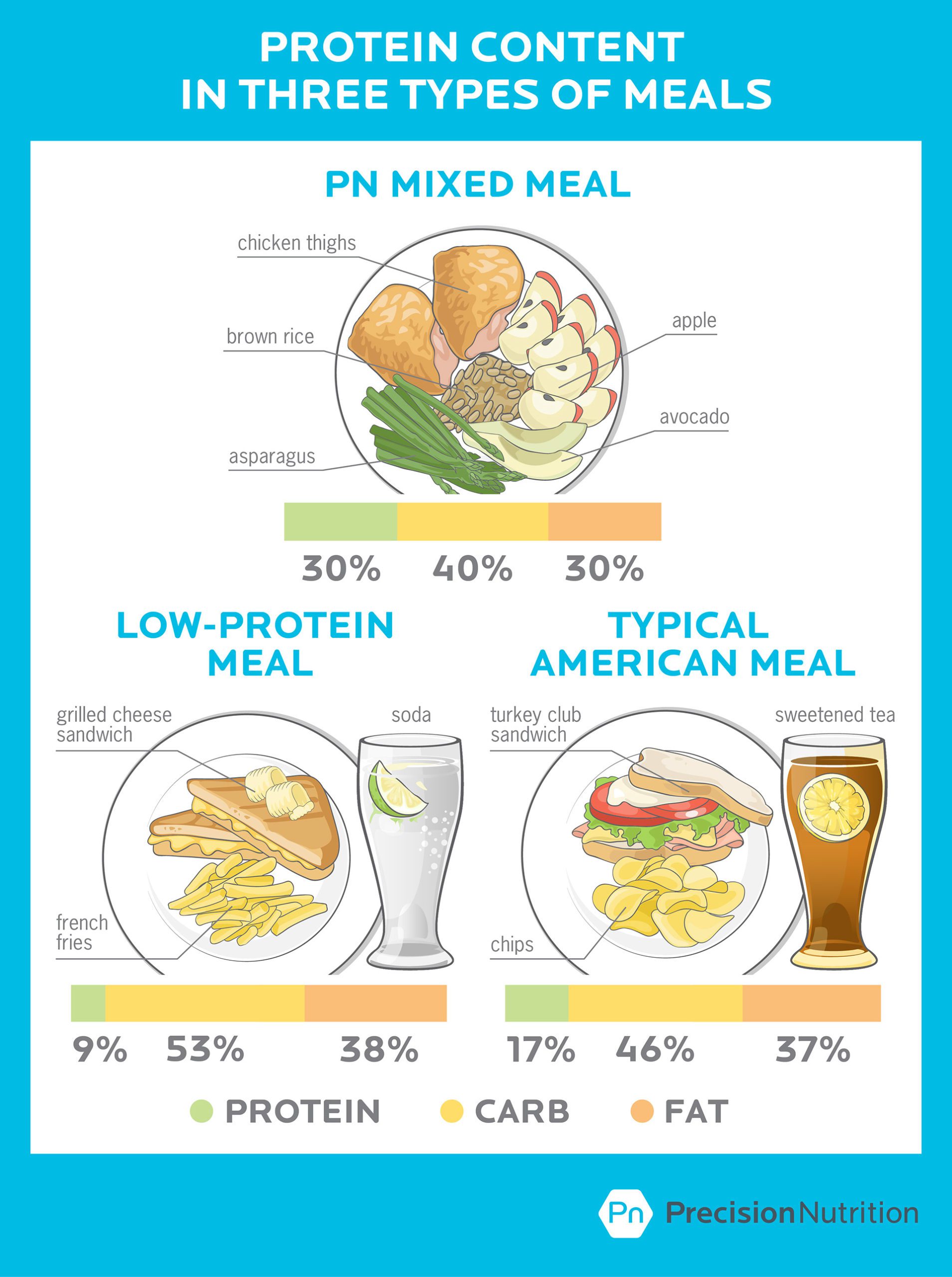2Mami Insights
Your go-to source for news, tips, and inspiration.
Protein: The Unsung Hero of Your Plate
Unlock the secret to a healthier diet! Discover why protein is the unsung hero of your plate and how it transforms your meals.
Why Protein is Essential for Your Health: Uncovering the Benefits
Protein is a vital nutrient that plays a critical role in maintaining overall health. It is an essential macronutrient that our bodies require to function properly. Proteins are the building blocks of our body's tissues, contributing to muscle development, skin health, and immune function. When you consume protein, your body breaks it down into amino acids, which it uses to repair cells, produce enzymes, and support various physiological processes. A balanced diet that includes adequate protein is fundamental for anyone looking to improve their health and well-being.
In addition to building and repairing tissues, protein has numerous other benefits. It helps to boost metabolism, aiding in weight management by creating a feeling of fullness, which can reduce overall calorie intake. Furthermore, protein is essential for hormone production and the transport of oxygen in the blood. Incorporating a variety of protein-rich foods such as lean meats, fish, dairy products, legumes, and nuts into your diet can help you harness these benefits. Remember, maintaining the right protein intake is vital for achieving optimal health and getting the most out of your dietary choices.

The Ultimate Guide to Choosing the Right Protein Sources
Choosing the right protein sources is essential for maintaining a healthy diet and achieving fitness goals. Protein plays a crucial role in building and repairing tissues, making hormones, and supporting immune function. When selecting your protein sources, consider a variety of options such as animal-based proteins (like chicken, fish, and dairy) and plant-based proteins (like legumes, nuts, and seeds). Each source comes with its own set of benefits and drawbacks, so a balanced approach will ensure you get all the necessary amino acids for optimal health.
To simplify the decision-making process, here are three key factors to keep in mind when choosing your protein sources:
- Protein Quality: Look for sources that provide complete proteins, which contain all essential amino acids, like eggs and quinoa.
- Digestibility: Some proteins are easier to digest than others, affecting your body's ability to absorb them. For instance, whey protein is known for its high digestibility.
- Dietary Preferences: Consider your dietary restrictions or preferences, such as vegetarianism or lactose intolerance, as these will influence your protein choices.
By evaluating these factors, you can make informed decisions that align with your health goals and lifestyle.
How Much Protein Do You Really Need? Debunking the Myths
When it comes to understanding how much protein you really need, it’s important to start by debunking some common myths. Many people believe that consuming excessive protein is necessary for muscle growth, while others think that only athletes require high protein intake. The truth is that the average adult requires about 0.8 grams of protein per kilogram of body weight per day, which may vary based on factors such as age, sex, and physical activity level. For instance, a 70 kg person would need approximately 56 grams of protein daily, which can easily be met through a balanced diet.
Another prevalent myth is that all protein sources are created equal. In reality, the quality of protein matters significantly. There are two primary categories of protein: complete proteins, which contain all nine essential amino acids, and incomplete proteins, which lack one or more amino acids. Animal-based proteins, such as meat, dairy, and eggs, are complete proteins, whereas most plant-based sources, like beans and nuts, are incomplete. To ensure you're meeting your protein needs, especially if following a vegetarian or vegan diet, it's crucial to combine different protein sources to achieve a balanced amino acid profile.